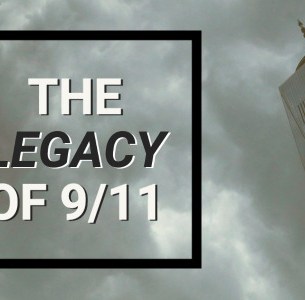 I was in the Situation Room in the White House on September 11, 2001 when the second plane crashed into the World Trade Center and America learned it was under attack. The intelligence community had been warning for months that an attack on America was coming from al-Qaida. Pakistan, which was best placed to know the most about any plot or rumors of a plot, was not forthcoming with information.
I was in the Situation Room in the White House on September 11, 2001 when the second plane crashed into the World Trade Center and America learned it was under attack. The intelligence community had been warning for months that an attack on America was coming from al-Qaida. Pakistan, which was best placed to know the most about any plot or rumors of a plot, was not forthcoming with information.
At the time, I was special assistant to the president for the Near East and North Africa on the National Security Council (NSC) staff, with a portfolio that included Afghanistan. National Security Advisor Condoleezza Rice had asked me to stay on in the NSC after serving four years with the Clinton administration.
The Saturday before the 9/11 attacks, my wife Elizabeth and I hosted a party to celebrate our marriage that July. So many foreign ambassadors came that the restaurant had to open a second floor for all the bodyguards. Central Intelligence Agency Director George Tenet and Saudi Ambassador Bandar bin Sultan went to dinner together after the party to discuss the al-Qaida threat.
We had been receiving a massive flow of reports from the agency that an attack was coming. The President’s Daily Brief on August 6 famously said that the group was determined to strike inside the United States. While exact timing and targets were not specified, some reports indicated intentions to hijack aircraft. Tenet was constantly going around town warning an attack was imminent.
On Sunday, September 9, Ahmed Shah Massoud — the leader of the Afghans fighting al-Qaida and the Taliban — was assassinated in his headquarters by two al-Qaida operatives. By Monday we were aware that his death prefigured a major offensive by the Taliban to destroy Massoud’s forces with the assistance of the Taliban’s patron Pakistan. The goal was to take over the last bit of Afghanistan not under the Taliban’s control. Killing Massoud was Osama bin Laden’s gift to the Taliban for letting him operate in Afghanistan as a state within a state.
Pakistan had a significant presence embedded in Afghanistan with the Taliban. Hundreds of Pakistani soldiers provided expertise and advice to the group, which got all their oil and gas from the Pakistani army, while the army’s Inter-Services Intelligence (ISI) agency shared information with the Taliban. Since the Taliban hosted the also-sizable al-Qaida infrastructure, Pakistan had constant access to the terrorists’ activities.
On Tuesday morning my special assistant Kathy Cooper told me just before the morning senior NSC staff meeting that an airplane had crashed into the World Trade Center in New York, but we did not know yet that it was a passenger jet aircraft. Just before 9 am, I sat down in the Situation Room next to Rice. Five minutes later, the senior duty officer opened the door and whispered in her ear that another plane had hit the towers, “America is under attack.” Within 10 minutes the Secret Service evacuated the White House complex, something we had never practiced or imagined before in the eight years I worked there.
The director general of the ISI was visiting Washington on September 11, curiously. He had given no warning of an attack on America or sense that the Taliban were going on the offensive in the days before.
Once we were evacuated, we were not allowed back in the compound to get our cars, so I walked home to Alexandria past the burning Pentagon. At home I was called by a very anxious Prince Bandar, who was being bombarded with questions from Riyadh. I told him that we had confirmed almost immediately that al-Qaida was responsible and that a majority of the hijackers were Saudis.
The next day, back in the office, we began planning the invasion of Afghanistan. The Pakistani intelligence chief was told that they must immediately break all relations with the Taliban.
The attack on 9/11 transformed American foreign policy and the institutions that made it, more than any event since World War II. Whole new agencies were created, like the Department of Homeland Security and the National Counterterrorism Center. Two foreign wars in Afghanistan and Iraq followed. Some major mistakes were made — like using torture and invading Iraq — but al-Qaida was prevented from another successful attack in the United States until December 2019, when an al-Qaida-recruited Saudi Air Force trainee killed three people at Pensacola Naval Air Station in Florida.
I left the White House to study at the Royal College of Defense Studies in London in January 2002. The 9-11 Commission never asked me to testify about the events in the White House before and during September 11. If I had testified, I would have emphasized the need for constant information sharing between agencies, which can only happen with direct top-level White House leadership.
It is deeply disturbing that this anniversary al-Qaida will be back in Kabul.
The Brookings Institution is committed to quality, independence, and impact.
We are supported by a diverse array of funders. In line with our values and policies, each Brookings publication represents the sole views of its author(s).

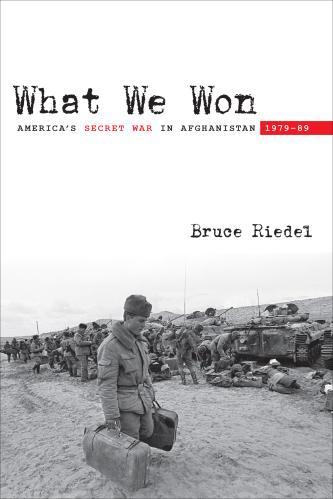
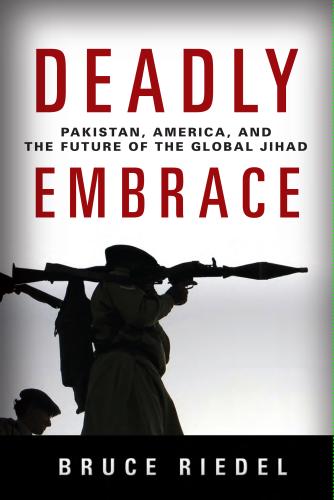
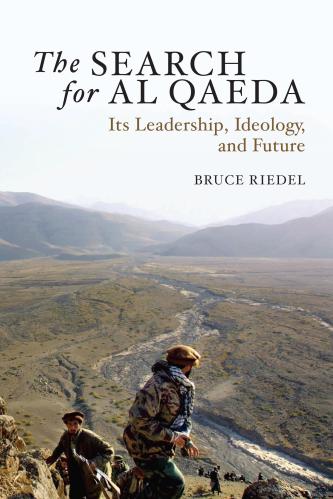
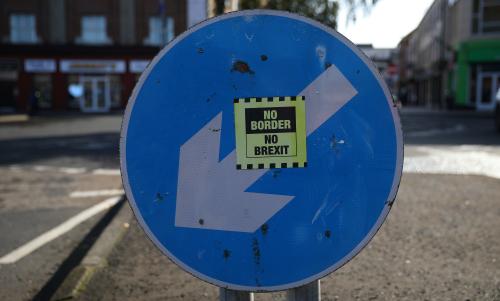
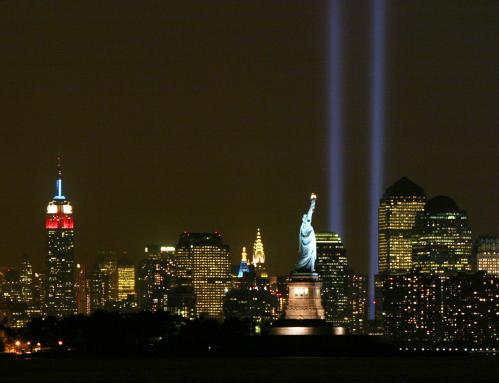




Commentary
September 11 in the White House
August 23, 2021